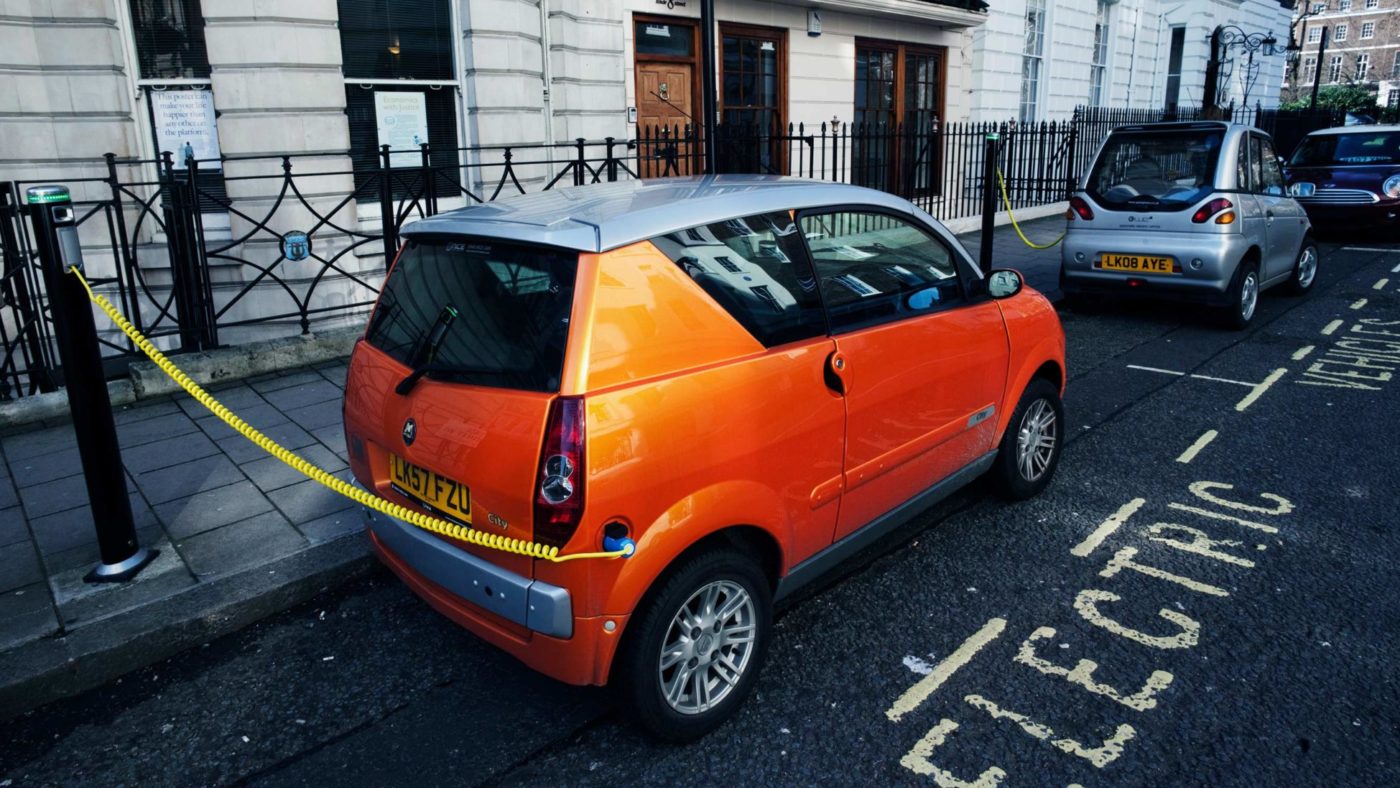Ever since the first mass-produced passenger car rolled off the assembly line a century ago, the auto industry has invested in innovation. Flashing turn signals, cruise control, anti-lock brakes, power steering, airbags and my personal favourite, the cup holder.
The industry invests vast sums in research and development every year — around €100 billion in fact. What is surprising is not that the automobile has evolved, but that the 1 billion passenger cars on the road today aren’t even more different.
Now, in the most important shift since Ford’s Model T replaced the horse and buggy, car makers appear to be on the brink of disruption. But, crucially, against a difficult economic backdrop, with a crippling decline in sales, political uncertainty and the decision by individuals and governments to move away from diesel.
For the industry to survive, or indeed prosper, it must embrace the disruption ahead.
Before we know it, the gasoline-powered international combustion engine – the core technology behind just about every car ever made – will be replaced by an electric one that has no moving parts and draws its energy from Lithium-ion batteries. And it’s happening at the same time as the age of the driverless car is dawning.
While it may feel like both these changes have been coming for some time, and now appear inevitable, the reality is that we still need significant progress, both in terms of technological developments to bring down the costs, and to educate consumers about the advantages of electric cars. For driverless cars, the software also needs to be advanced to handle complex situations.
Of the 80 million passenger cars sold worldwide last year, just 2 million of them were electric vehicles, led by the likes of Tesla, China’s BAIC and Nissan. Sales are, however, expected to skyrocket to 250 million by 2030, according to the International Energy Agency.
Automakers are placing very large bets on electric technology and infrastructure, since this growth requires significantly more refuelling options, a much higher level of consumer familiarity and a far wider range of price points.
Tesla, for example, has hinted at ramping up the production of battery cells significantly, which should bring down their cost – possibly even below their petrol counterparts. Alongside considerably lower maintenance and running costs, sales should be bolstered by increased public awareness of the impact of climate change, as well as government incentives to encourage buying the greener option.
Meanwhile, the momentum behind so-called autonomous vehicles – or driverless cars to you and me – continues to build. However, development has so far proven to be expensive and car makers will need to scale up production to bring costs down and create a mass market.
General Motors has now raised nearly €4 billion to fund the development of their driverless cars, while Volkswagen and Ford have announced that they will jointly invest billions more. The biggest potential winner, however, may be Google and its subsidiary Waymo, which is focused on building the software to power these cars, in the hope of then licensing the technology.
Whilst there are many opportunities ahead, however, it’s worth acknowledging that current global conditions for investment are not the best. The UK has been captured by economic uncertainty surrounding how and when we will leave the EU, and escalating tensions between the United States and China, the world’s two largest car markets, are not helping.
It is not an easy time to be in the business of car-making. For there to be any sort of breakthrough in these areas, vast sums of upfront R&D investment will be required.
Even if it appears a near certainty that tomorrow’s cars will be electric and driverless, it’s just too early to say which brands will build them. For the world’s automakers, the road ahead promises to be more than a little bumpy.
The transformation of the industry will create enormous opportunities in the longer term; for now though, it’s mostly making life more difficult for the world’s carmakers.
CapX depends on the generosity of its readers. If you value what we do, please consider making a donation.


